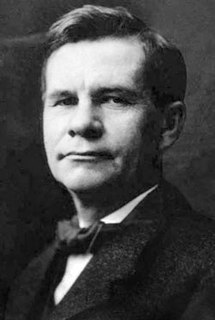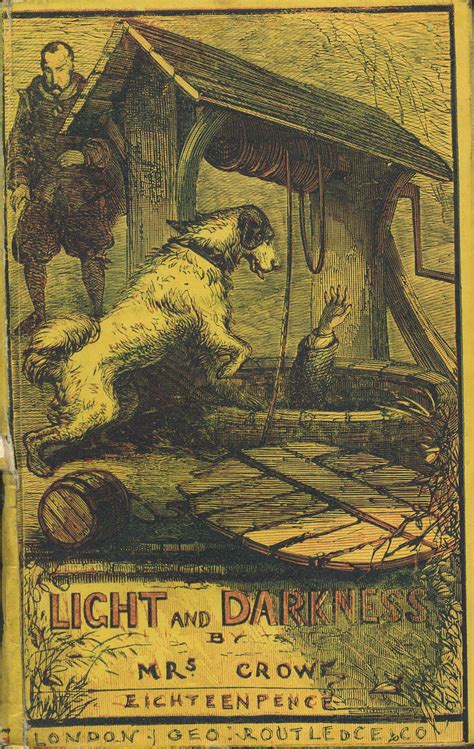A Quote by Phineas Quimby
The silkworm spins out his life, and, wrapping himself in his labor, dies.
Related Quotes
When the father dies, he writes, the son becomes his own father and his own son. He looks at is son and sees himself in the face of the boy. He imagines what the boy sees when he looks at him and finds himself becoming his own father. Inexplicably, he is moved by this. It is not just the sight of the boy that moves him, not even the thought of standing inside his father, but what he sees in the boy of his own vanished past. It is a nostalgia for his own life that he feels, perhaps, a memory of his own boyhood as a son to his father.
What a wee little part of a person's life are his acts and his words! His real life is led in his head, and is known to none but himself. All day long, the mill of his brain is grinding, and his thoughts, not those of other things, are his history. These are his life, and they are not written. Everyday would make a whole book of 80,000 words -- 365 books a year. Biographies are but the clothes and buttons of the man -- the biography of the man himself cannot be written.
At that instant he knew that all his doubts, even the impossibility of believing with his reason, of which he was aware in himself, did not in the least hinder his turning to God. All of that now floated out of his soul like dust. To whom was he to turn if not to Him in whose hands he felt himself, his soul, and his love?
Jesus is hungry but feeds others; He grows weary but offers others rest; He is the King Messiah but pays tribute; He is called the devil but casts out demons; He dies the death of a sinner but comes to save His people from their sins; He is sold for thirty pieces of silver but gives His life a ransom for many; He will not turn stones to bread for Himself but gives His own body as bread for people.
See that unfortunate soldier who is falling hurt to death ("tombe blessé à...", Fr.) on the battlefield; he learns that his folks have vanquished and dies happy. He detached himself from himself (s'est détacher de lui-même", Fr.), has identified himself with something greater and more lasting than himself; his homeland ("patrie", Fr.); thus, while dying as an individual, he has the certainty to survive in a larger existence.
Private property is a natural fruit of labor, a product of intense activity of man, acquired through his energetic determination to ensure and develop with his own strength his own existence and that of his family, and to create for himself and his own an existence of just freedom, not only economic, but also political, cultural and religious.
A new danger now beset him [Grotius], the danger of becoming simply a venal pleader, a creature who grinds out arguments on this or that side, for this or that client: a mere legal beast of prey. Fortunately for himself and for the world he took a higher view of his life-work: his determination clearly was to make himself a thoroughly equipped jurist, and then, as he rose more and more in his profession, to use his powers for the good of his country and of mankind.
Modern man has transformed himself into a commodity; he experiences his life energy as an investment with which he should make the highest profit, considering his position and the situation on the personality market. He is alienated from himself, from his fellow men and from nature. His main aim is profitable exchange of his skills, knowledge, and of himself, his "personality package" with others who are equally intent on a fair and profitable exchange. Life has no goal except the one to move, no principle except the one of fair exchange, no satisfaction except the one to consume.p97.
Each individual composes the music of his own life. If he injures another, he brings disharmony. When his sphere is disturbed, he is disturbed himself, and there is a discord in the melody of his life. If he can quicken the feeling of another to joy or to gratitude, by that much he adds to his own life; he becomes himself by that much more alive. Whether conscious of it or not, his thought is affected for the better by the joy or gratitude of another, and his power and vitality increase thereby, and the music of his life grows more in harmony.









































